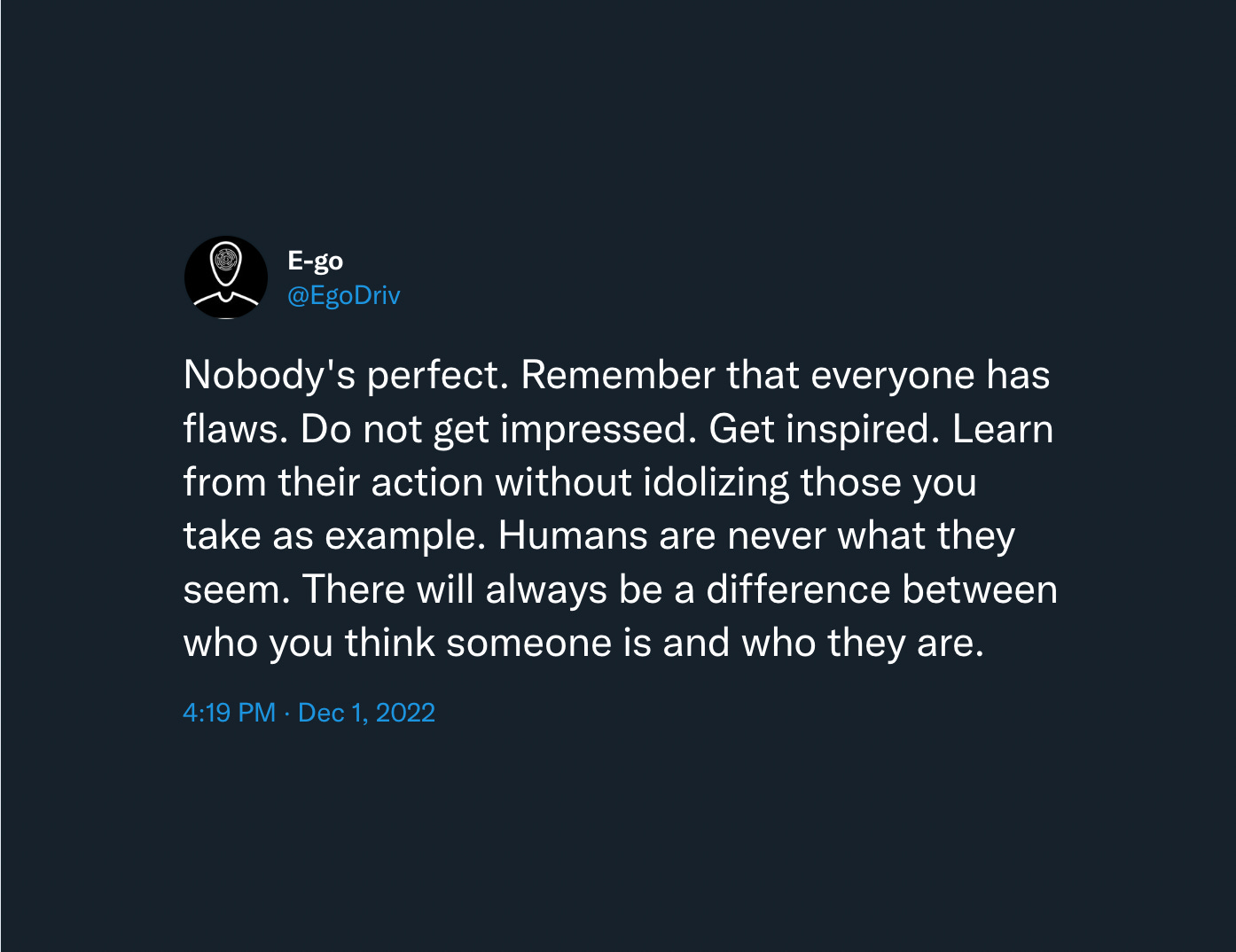“You wouldn’t worry so much about what others think of you if you realized how seldom they do.” — Eleanor Roosevelt
Do you often meet new people and later feel like they don’t like you that much? You might be wrong — you could be experiencing the liking gap.
The good news is that the liking gap isn’t necessarily an accurate representation of reality; it’s more likely a product of our anxieties about social situations.
According to a recent study, we tend to underestimate and underappreciate how well our conversations go.
The research team found that we often have a distorted view of ourselves regarding social interactions, which can lead us to believe we didn’t do as well as we thought.
In reality, people around us are generally more optimistic about the interactions than we give ourselves credit for.
What is The Liking Gap?
The liking gap is a psychological theory that states that people often underestimate how well others like them.
The liking gap is the gap between how we perceive our social interactions and how others perceive them.
It is often due to anxiety about the interaction and being overly critical of ourselves. Our bias and fear of rejection cloud our judgment and lead us to believe that we are not liked as much as we are.
It can be easy to assume that someone doesn’t like you when, in reality, they may actually like or even love you more than you think!
The liking gap can cause us to overestimate our self-perceived shortcomings and underestimate how much we want those around us.
When you and a new acquaintance are having a normal conversation, going back and forth about some topic, just chatting, it’s easy to assume that they like you.
But hours to days later, when doubts creep in and you start replaying the conversation repeatedly, picking out moments where you sounded less than stellar, it’s easy to conclude that so-and-so thinks you’re a giant dummy.
The liking gap can lead you to underestimate how much people like you.
This psychological phenomenon is another reminder that we should all be more accepting of ourselves and our interactions with others.
We are all human, after all, and mistakes will happen — but it’s not the end of the world if someone doesn’t like us as much as we think.
The most important thing is to keep putting yourself out despite doubts or fears. Life has a funny way of surprising us if we give it half a chance!
So don’t let the liking gap get you down — stay positive and embrace every conversation for what it is: an opportunity to make new connections and discover something about yourself along the way.
“If you just set out to be liked, you would be prepared to compromise on anything at any time, and you would achieve nothing.” — Margaret Thatcher
The Science Behind It
A study by the University of Texas found that people tend to remember negative moments when they feel uncomfortable more than positive ones.
In other words, if you experienced an awkward moment in your conversation with someone, then chances are that this will be over-represented and weighted much heavier than any positive interactions which may have transpired.
This leads us to underestimate how much people like us — our minds focus on the adverse outcomes rather than the positives (the good news is that it works both ways — we also tend to overestimate how little other people like us, too!).
So next time you feel down about your conversations with someone else, don’t forget to consider the possibility of the liking gap being at play.
Remember that you may be better liked than you think — so go out there and connect with confidence!
Why it Happens & What to do About it
The liking gap typically occurs when people become overly self-critical and analyze their interactions negatively.
People often replay conversations over and over in their minds, picking out moments that they feel were awkward or embarrassing. This leads to overestimating how much others dislike them and can damage self-esteem.
To combat this phenomenon, it’s important to remember that everyone makes mistakes and that missteps don’t have to define the outcome of a conversation.
Focus on the positive aspects of your interactions rather than getting hung up on small details.
Additionally, if you’re feeling significantly down after a conversation, try writing down some positive things about yourself — this will help you gain perspective and remind you that you are valuable and worthy of love, regardless of any mistakes you may have made.
The liking gap is a reminder that everyone has a unique way of looking at things and perceiving the world around them. Don’t be discouraged if someone doesn’t seem to like you as much as you’d hoped — chances are they still respect and appreciate your presence more than you think!
Ways to Address the Liking Gap
While the liking gap can be challenging to overcome, there are a few ways to help combat this problem.
First, take some time to reflect on past conversations and think about how they went — were there any moments where you felt uncomfortable? Alternatively, was it smooth sailing? Taking the time to analyze our thoughts can help us assess how much someone likes us.
Second, practice active listening whenever you’re in a conversation with someone. Listening and responding help build the connection between two people and show that we care about what the other person says.
Lastly, Focus on being authentic rather than trying to ‘impress’ the other person. Not only does this help build trust, but it also encourages the other person to be their authentic self in return — and that’s when lasting relationships are formed.
“When you’re different, sometimes you don’t see the millions of people who accept you for what you are. All you notice is the person who doesn’t.” — Jodi Picoult
Life is too short for missed opportunities. Don’t let the liking gap get you down — stay positive and embrace every conversation for what it is: a chance to make new connections and discover something about yourself along the way.
The liking gap is a psychological theory that states that people often underestimate how well others like them. We tend to focus more on our negative experiences than positive ones, leading us to believe that we’re not doing as well as we are.
There are ways to combat the liking gap, such as reflecting on past conversations, practicing active listening, and being authentic in conversations.
So next time you feel that someone doesn’t like you, remember these tips and don’t forget to consider the possibility of the liking gap being at play.
Good luck, and happy connecting!
© BELUMA, LLC t/a Beyond Two Cents. All Rights Reserved.
DID YOU KNOW?
It is calculated that there are 300 pounds of insects for every pound of humans in the world.
While 71% of the earth’s surface is water, only 1% is safe to drink.
Genetically speaking, modern humans are 99.99% similar to one another.






